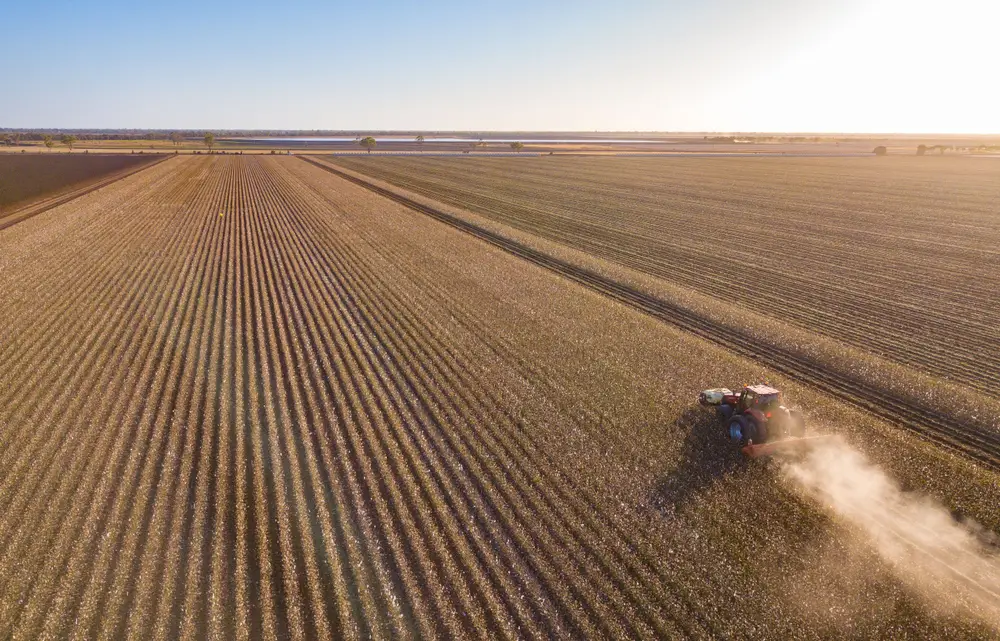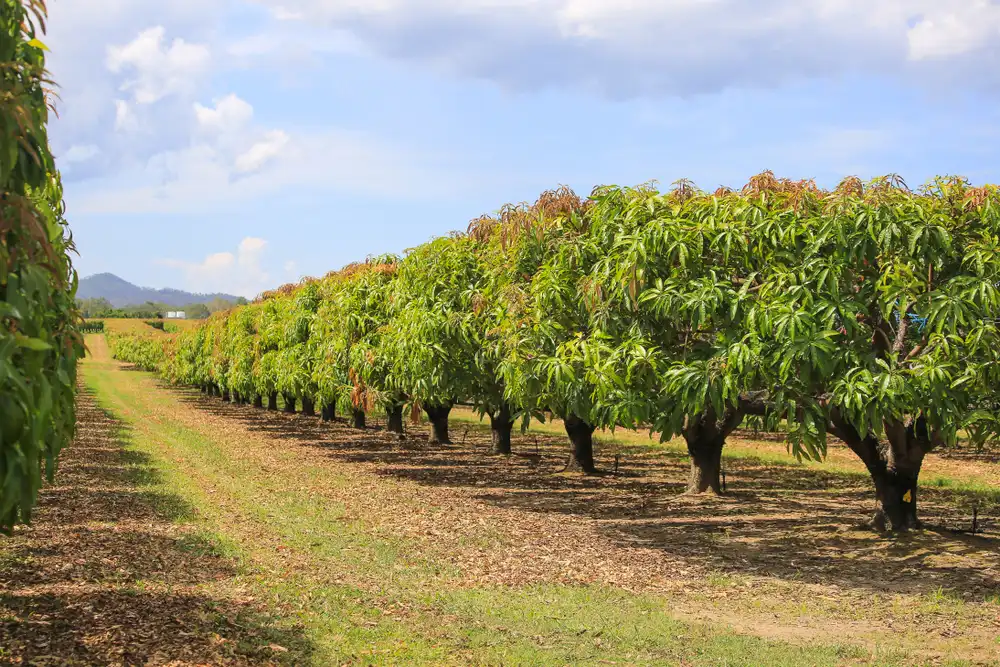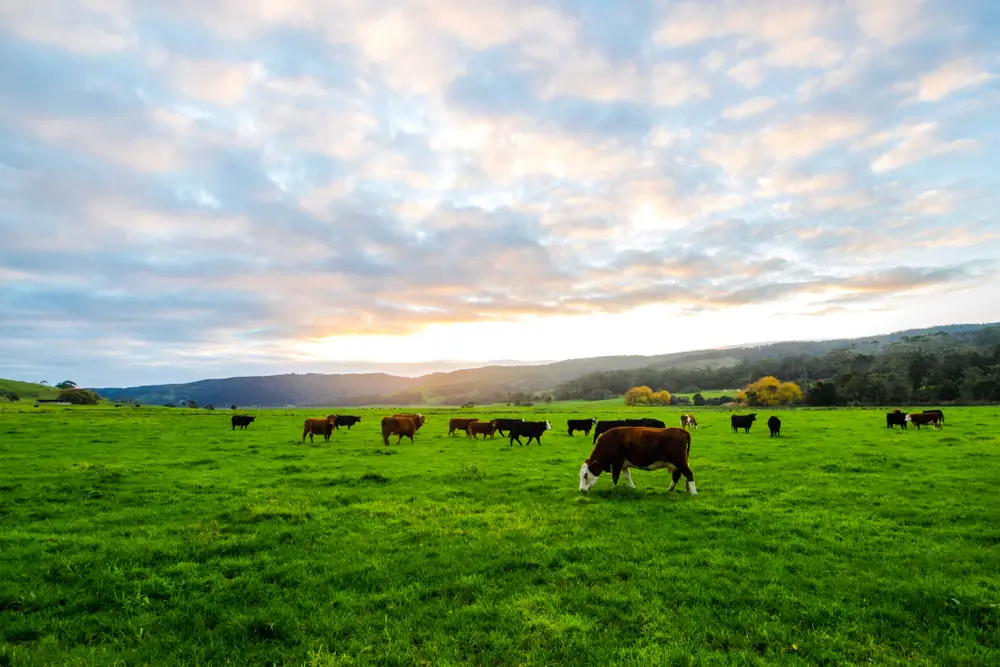Australian Government is modernising agricultural levy laws to make them fit-for-purpose and business-friendly, and to reform our agricultural levies legislation so that we can better respond to global economic disruptions such as COVID-19.
“The rate at which Australia recovers from COVID-19 depends on how fast we can adapt, innovate and respond to opportunities so it is essential our businesses can flourish without being weighed down by red tape.
Minister for Agriculture, Drought and Emergency Management David Littleproud said “streamlining and modernising the agricultural levies legislation is part of a suite of reforms aimed at reducing the regulatory burden for businesses across Australia as part of our Deregulation Agenda. Our agenda is about ensuring that where regulation exists, it is fit-for purpose – making it easier to do business while ensuring essential safeguards with the lightest touch.”
“While work to modernise our agricultural levies legislation has already started, this is bringing forward a commitment by the Government as it recognises the increased importance of delivering these improvements for industry in the face of COVID-19.
“Current agricultural levies legislation is complex, inconsistent and ambiguous.
“It is a barrier for industries to innovate or respond to emerging risks and priorities such as drought, bushfires, climate change and the pandemic.
“The Australian Government is supporting the sector’s ambition to grow the value of Australia’s agricultural sector to $100 billion by 2030 through delivering streamlined laws that better support industry investment into research and development, marketing and biosecurity.”
Minister Littleproud said making the levy system more effective would better support investment in innovation to improve the productivity and competitiveness of the sector.
“The primary industry sector strongly supports the levy system, which provides approximately $800 million each year to fund research and development, biosecurity, residue testing and marketing,” Minister Littleproud said.
“Industry stakeholders are keen to have the legislative framework streamlined and modernised.
“This is an opportunity to make it easier for the sector to capture the potential of the levy system, use technology to modernise the regulatory process, and reduce compliance costs for agricultural businesses.
“The introduction of standardised and fit-for-purpose regulatory powers will enable a more consistent, transparent and tiered approach to ensuring compliance, and more effective levy collection.
“Businesses will also benefit from improved stakeholder interface for online levy returns and payments, and comprehensive educational material.”





